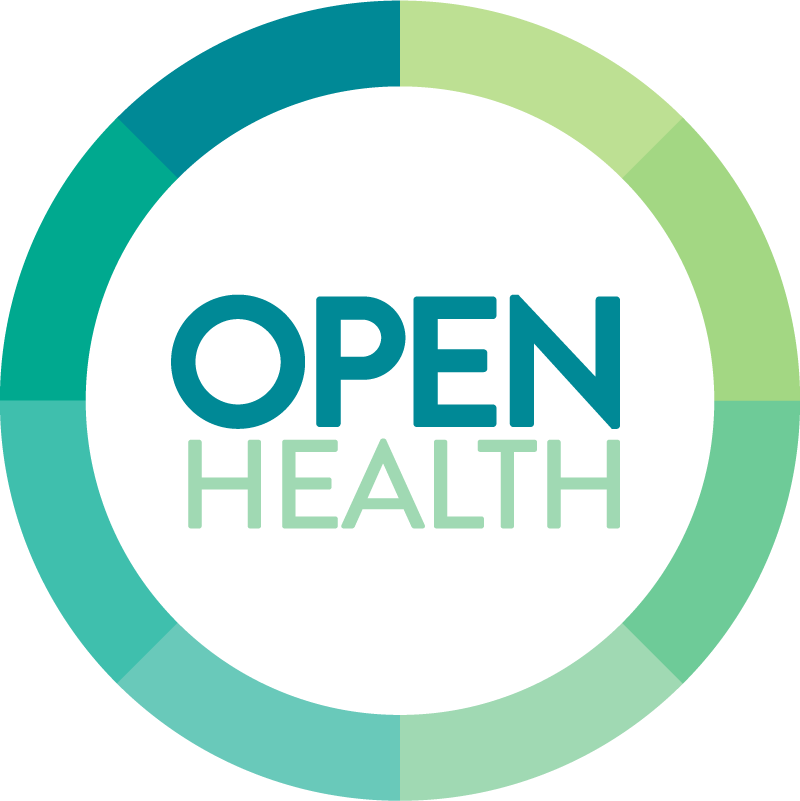Take Pride
Merriam-Webster defines “Open” as having no enclosing or confining barrier: accessible on all or nearly all sides or not restricted to a specific group or category of participants.
It is no secret that our organization, Open Health Care Clinic, picked our name strategically with the above definition in mind. You may think to yourself, “Well, really, what’s in a name?” The LGBTQ+ community says, “A LOT.” LGBTQ+ individuals NEED you to intentionally select not only your organization name but waiting room magazines, signs, intake language, policy language, organization posters, social media campaigns, business locations, financial donations, financial contributions, etc. as if their lives depended on it because they do. Labels can be used to degrade and separate or acknowledge and empower if done properly. Use them in your policies and procedures language. Be deliberate about creating a work culture that provides quality care to LGBTQ+ individuals.
At Open Health Care Clinic, we INTENTIONALLY want you to feel that there are no restrictions on who we will see or why we will see them, especially regarding the LGBTQ+ community. As we are entering LGBTQ+ Pride month, it is fitting to address the glaring behavioral and physical health disparities that the queer community faces daily (and what to do about it). This blog is a rallying cry not for the LGBTQ+ community, but to the health care community that has neglected the queer community’s needs for too long.
The CDC highlights this in their report on the health of LGBTQ+ youth mentioning that LGB students are more likely to be bullied, contemplate suicide, deal with depressive symptoms, and use substances. Youth are dealing with all of this BEFORE the age of 18. The above health issues arise largely due to the rejection that occurs within a youth’s environment (school, work, doctor’s office). The Trevor Project found that just ONE supportive adult can help save an LGBTQ+ child’s life. A child’s doctor can provide that life-saving support.
All the above risk factors that are attributed to LGBTQ+ youth also carry into adulthood along with several physical health disparities. As adults, LGBTQ+ individuals experience a higher risk of certain conditions, have less access to health care, and have worse health outcomes than that of their “straight”, cisgender counterparts.
LGBT individuals are more likely to rate their health as poor and report more chronic conditions. Lesbian and bisexual cisgender women have higher rates of breast cancer, and transgender men and women are at greater risk for breast cancer. LGBT individuals have higher rates of HPV infection. Lesbian and bisexual cisgender women may have a higher risk of cervical cancer, and gay and bisexual men may have a higher risk of anal cancer.
At this point, you are probably asking yourself, “How can that be?” Cigna Health indicated that LGBT people are less likely to have access to the care that they need, less likely to have health insurance, less likely to fill prescriptions, more likely to use the emergency room or delay getting care, more likely to be refused health care services and be harassed by health care providers.
As health care professionals, we are called to aid in making people’s lives better. Let’s start by taking the burden of addressing the systematic failures of the health care system OFF the backs of LGBTQ+ people. NOW is the time to take responsibility for educating ourselves and being intentional and inclusive with our organizational decisions. Whether you speak up and act or not, PRIDE will go on just as it has since 1969, but it would be nice to feel that those who are paid to care do.
Open Health Care Clinic is a one-stop, neighborhood health center location in mid-city Baton Rouge. From primary care and dental to behavioral health to HRT we are an LGBTQ+-friendly caregiver. Additionally, we provide STD/HIV testing and PrEP/PEP at our HAART clinic. We accept private insurance, Medicare, and Medicaid. To schedule an appointment, please call us at 225-655-6422.
Jena Ourso, LCSW


